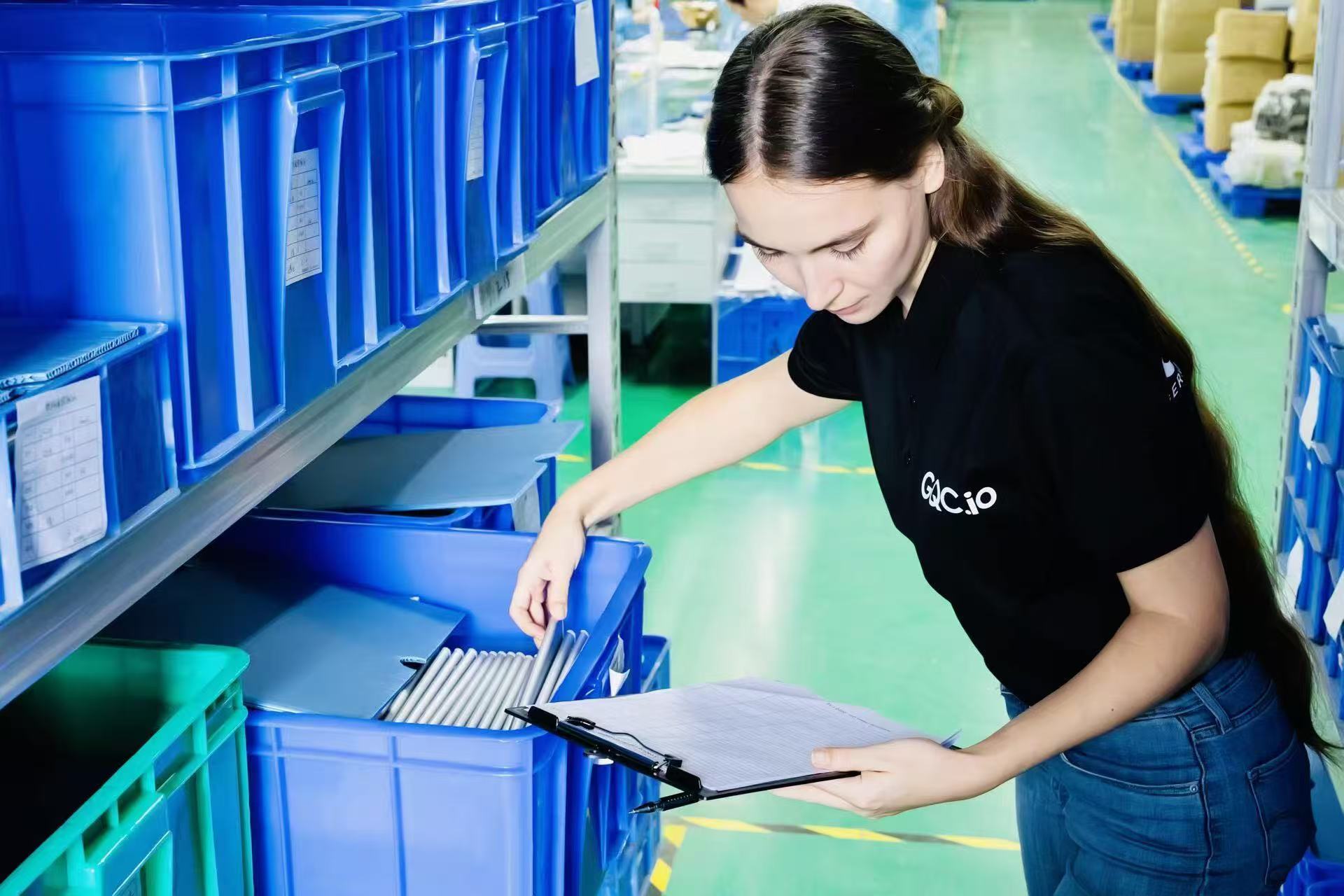It is not uncommon to find a fake supplier when sourcing products. They can be found anywhere and you will never know that they are fake until it is too late. You may even have been deceived by a fake supplier before and ended up losing money or time. It is one of the biggest problems that businesses importing from Asia face. If you buy directly from China, there's a high chance your provider is not who they say they are and that means you need to do everything in your power to avoid them.
The best way to avoid falling into the trap of these scammers is by being cautious and making sure that you do your research properly before buying anything from them. Here are some tips on how to recognize fake suppliers:
The first step is to check if the supplier has a website and social media accounts linked with their business name. If they do not, then it's likely that they are not an honest business that wants to share information about their company with others on the internet so they can be found easily. The fact that they don't have any websites or social media accounts makes it difficult for anyone to find information about them unless they go through other channels such as forums or reviews sites like Alibaba.
One more thing you can do is to ask for their business license and compare address, business scope and phone number on the Chinese company registration website. If the cant provide the business license it could mean that they are just an agent or fraud. You can check if their website and actual business license match. It is also possible to run credit and validation checks online.
Another way to avoid fake suppliers is by ordering samples before placing an order. This will give you an idea of what quality to expect from the supplier, how long it takes them to ship items out, and whether or not they have sufficient inventory available when you need it. If payments are made over platforms like Alibaba then there is also trade insurance. If payments can be done to their company bank account, then it should be on the same name as the business license.
Also, you can ask for references from other customers. If the supplier has been around for a while and has many happy clients, then it is more likely that they are a legitimate business. However, if they only have a few references or none at all, then this can mean that something is wrong with them. Request this information from at least three customers and call each person to confirm that they have actually done business with this company before and whether or not they were happy with their service/product/pricing etc...
Finally, if you're still not sure whether or not this supplier is legitimate, try conducting an audit at their factory by having a third-party company visit it for inspection purposes before signing any contracts with them. It is the most effective way to determine whether or not the supplier you are considering is legitimate and trustworthy. Learn more about GQC audit services and book a free consultation at https://www.gqc.io/factory-audits





